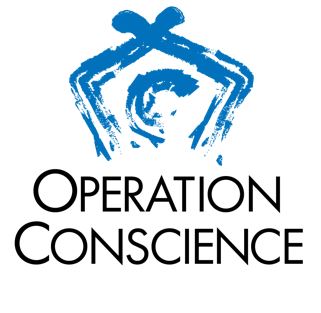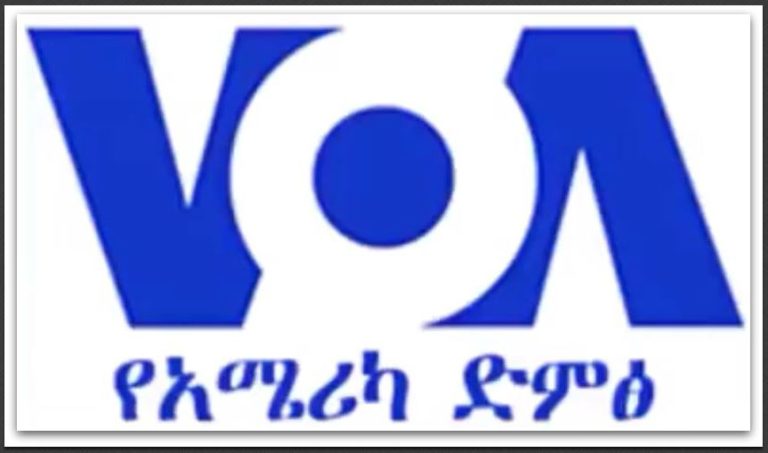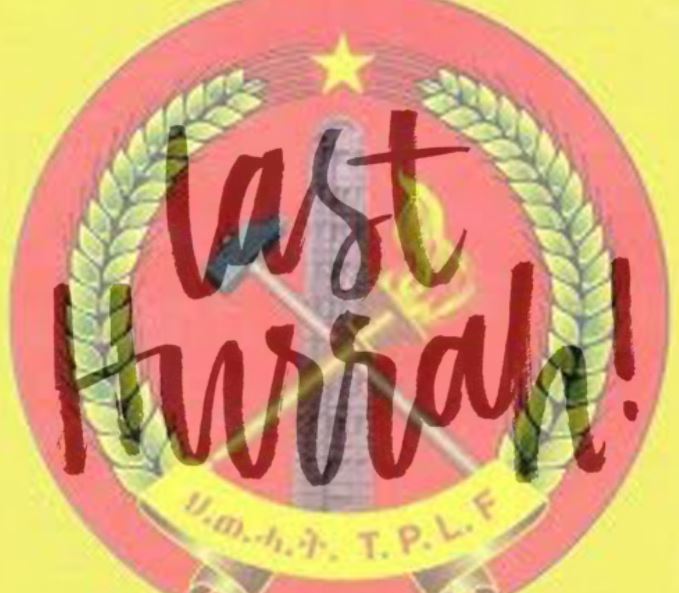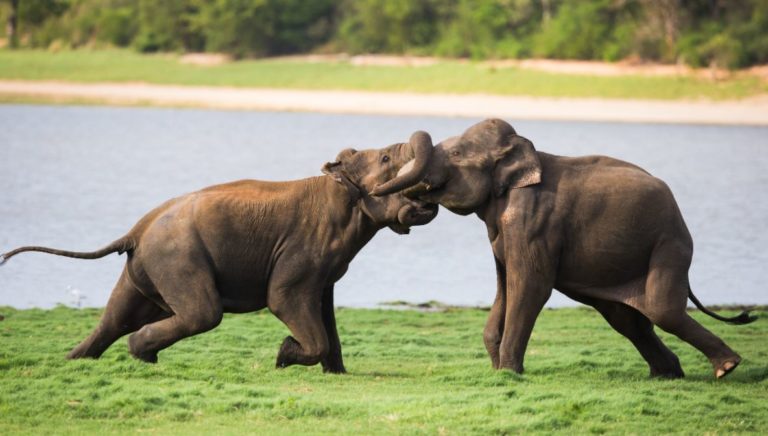OPERATION CONSCIENCE: Raising Western Awareness of Ethiopia’s Genocides
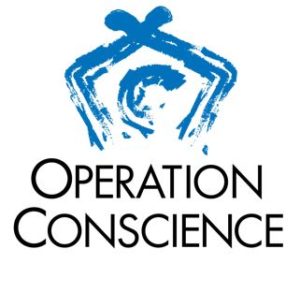 Guest Commentary: David Steinman
Guest Commentary: David Steinman
The challenge of changing official Western policy toward the ruling regime in Ethiopia has frustrated Ethiopia’s opposition for more than a quarter century.
The West has never taken meaningful steps to stop the crimes committed by Ethiopia’s brutal dictatorship against the Ethiopian people. Given the level of collusion demonstrated for decades, it is not hard to understand why Western donor nations only pay lip service to Ethiopian human rights and democracy while, behind the scenes, trying to avoid doing what’s necessary to solve the problem.
An important part of this official Western evasion of its moral, and arguably legal, obligation is not using the word “genocide” in connection with Ethiopia.
There is plenty of proof of the ruling EPRDF regime’s genocides. The repeated massacres of peaceful Oromo dissidents are manifestly ethnically-targeted. Ethnically-based killing by government security forces has been documented in places like Gambella, Konso and other locations. Villages in the Eastern Ogaden region have been obliterated. In 2008, Human Rights Watch described the crimes against humanity committed in the Ogaden as “a mini-Darfur.” Evidence of Amhara genocide has been gathered by, among others, the Amhara Professionals Union and Muluken Tesfaw, a genocide researcher, in his book, Yetifat Zemen (Age of Destruction). Human Rights Watch has documented numerous instances of crimes against humanity in Ethiopia that are, for all intents and purposes, acts of genocide.
Yet not a single mention of genocide has passed the lips of any Western official or even a celebrity. Western policymakers have good reason to fear the “G-word” because officially admitting the existence of genocide triggers a host of obligations and public expectations of action that could be costly, inconvenient and purportedly undermine security strategy.
To understand the semantic power of “genocide,” take for example, the international response to the Darfur crisis. Darfur did not develop real traction until the term “genocide” was used by the US Secretary of State in official remarks (a UN address) and then also adopted by a list of genocide-related organizations. Another catalyst was “genocide” being included in the “Darfur Peace and Accountability Act.” (Learn more about the Darfur genocide here.)
(The term “genocide” is conspicuously absent from the pending H.Res.128 (“Supporting respect for human rights and encouraging inclusive governance in Ethiopia”).
It would be helpful to the cause of Ethiopian freedom for the genocide aspect of its struggle to receive recognition in official western circles. Media attention and public opinion are two means of reaching this goal. The media drives public opinion. Public opinion, in turn, can influence how free people vote. And how people vote is of great concern to Western politicians—the same politicians that oversee, influence, fund and often determine foreign policy.
The Ethiopian diaspora’s expectation for Western officialdom to act out of morality indicates a misunderstanding of what drives policy in the West. Except for a small number of courageous members of Congress and EU Parliamentarians, reelection is the primary motive for legislative action.
The question that should preoccupy those Ethiopians anxious for the West to change its policy is not how to appeal to a politician’s heart, but to his or her sense of political self-preservation and constituency. To put it another way, how can that Western public opinion which the politicians so respect be influenced to care about Ethiopian genocide?
More, and better, media coverage is a good place to start. Especially media coverage that uses the “G-word.” The words “Ethiopia” and “genocide” must become linked in the media’s coverage of Ethiopia and in the Western public’s mind.
These days, media takes two basic forms: traditional (TV, radio and print) and social (Facebook, Twitter, Instagram, etc.)
Efforts are currently underway by a joint Ethiopian-American task force from the Operation Conscience campaign (more about this below) to present Ethiopian genocide in a way that traditional Western media can more easily understand and use. This effort will become public in the coming weeks.
Traditional media has already begun to report newsworthy events on the ground inside Ethiopia as resistance has increased in the Amhara and Oromo regions. The opposition groups may find it useful to emphasize genocide in their communiques and releases and see if the media picks it up.
The opposition sometimes holds demonstrations in the West in the hope of attracting traditional media coverage. But people waving signs is so common as to often be ignored. Public displays in the West that are visually interesting, that stand out with photogenic content, have a better chance of being covered. For example, demonstrators could wear skeleton costumes to symbolize the genocide. The corresponding press conferences or press releases could emphasize the genocide term and include dramatic photos of the costumed protesters. In this regard, there are important lessons to be learned from the Armenian genocide project.
Social media is the other important path to Western public opinion, and, if successfully used, sometimes spills over into traditional media coverage as well.
If one Googles the terms, “Ethiopia + genocide,” one can find a number of articles on opposition websites and even a few YouTube videos. This begs the question of why, if such knowledge is already in the public domain, hasn’t it already crossed over into Western popular awareness? This is an important consideration because, as long as it’s not being seen by Westerners, their governments, which are of course well aware of the truth, can continue to pretend the problem doesn’t exist.
The answer to this under-transference may be cultural. Ordinary Westerners—those who comprise “public opinion”—almost never look at Ethiopian online media, where they might learn the truth. Some of the reasons for this disinterest are obvious: the Western public has different priorities and brings its own perspective to such issues. For example, influential sectors, such as Millennials and Baby Boomers, like their own politics, sports, celebrity and medical news. So, they do not typically visit Ethiopian sites.
They may be interested in Ethiopian “genocide,” “famine” or even “Ethiopian food,” but its “human rights,” “democratization” or ethnic identity issues don’t matter to them. Even if they did visit Ethiopian sites, ordinary Westerners would not understand the context of the content. They have no idea what is the “TPLF” or “EPRDF,” nor who was Meles Zenawi. And, of course, they wouldn’t understand the Amhara or Oromo-language content.
But Western social media attention to Ethiopia may be increased if the information that is already in the opposition’s media can be “re-packaged” to be more interesting and easily understood by Westerners. Social media carrying this Western-friendly content can target Westerners more directly and aggressively.
To address these problems and bring Ethiopia’s story more into Western consciousness, a team of American volunteers recently began a social media campaign called Operation Conscience. The campaign is sponsored by a novel about Ethiopia’s struggle for freedom, Money, Blood and Conscience, which will be released on Amazon in a few weeks.
Like the book, Operation Conscience was created to inform Westerners about, and get them interested in, Ethiopia’s human rights crisis. To achieve this, Operation Conscience takes relevant content on this subject from Ethiopian opposition media and presents it in a more “Western-friendly” way. The campaign places special emphasis on genocides committed by the EPRDF.
For example, there is a Facebook page for “Operation Conscience: The Campaign To End Ethiopia’s Genocide.”
Its “Welcome Message” reads:
The Operation Conscience team created this page to inform the West about the genocide taking place in Ethiopia. It is shocking that crimes against humanity of this scale have been going on for a quarter century without being noticed abroad.
It is our hope that public awareness of this holocaust will force those governments, corporations and individuals presently supporting Ethiopia’s dictatorship to recognize that they are enabling mass murder and end their complicity.
After the Second World War, the world vowed that “never again” would such a calamity be allowed to occur. Yet it has happened again, in Cambodia, Rwanda and elsewhere. Ethiopia is a new challenge to our conscience and to international morality. And we no longer have the excuse that we didn’t know, for on these pages is the story and the proof. More will be added in the days to come. Stay tuned.
Please share this message with your friends and family and encourage them to pass it on. Together, we can end the killing. Let today be the start of a new era in human history when “never again” turned from words to action.
The Operation Conscience Facebook page’s introductory “Story” asks:
Why Are More Ethiopians Starving Despite More and More Foreign Aid?
Join us in our campaign to raise awareness of Ethiopia’s secret genocide. For too long, Ethiopia’s apartheid dictatorship has blamed drought and a lack of resources on the country’s recurrent famines and persistent extreme poverty. This is disingenuous propaganda. Top Ethiopian officials and their business partners are stealing billions of dollars every year in the full knowledge that millions will die without that desperately-needed money. The regime has perpetrated the genocide of millions more to enforce its control of the corruption. The high number of victims makes Ethiopia a high-priority case requiring serious, immediate action. On this page, you will find opportunities to learn the truth that’s been covered up by expensive PR firms, faked statistics and, sadly, the complicity of Western governments. Please help us in our campaign and encourage your friends to join as well.
The campaign will soon offer Westerners a petition they can sign on the subject of Ethiopia’s genocides. More participatory “Ethiopian genocide” events aimed at Westerners are planned for the future.
The key to Operation Conscience’s success is growing a large follower base of Westerners. The campaign asks the Ethiopian diaspora to assist this process by following Operation Conscience on social media and, most importantly, by sharing it, especially with all possible Western contacts.
Readers interested in following and sharing Operation Conscience can easily do so right now simply by clicking on the buttons below.
Follow Operation Conscience on social media
The ruling regime in Ethiopia is getting tired, weak and divided. Removing its international support is not by itself the solution. But with a fresh approach, it can be part of the solution.
The Operation Conscience team thanks you for your support and wishes the Ethiopian community a Happy New Year.
OPERATION CONSCIENCE social media links:
https://twitter.com/OpConscience
OPERATION CONSCIENCE Instagram
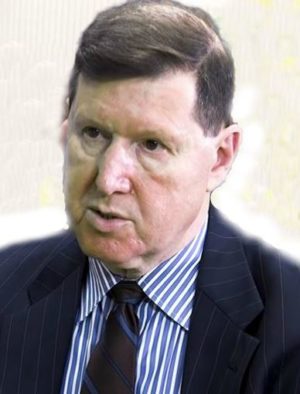 Wharton-trained economist and civil resistance specialist David Steinman was a consulting expert to the U.S. National Security Council during the Reagan administration and has advised foreign democracy movements around the world for thirty years. Project Director for Operation Conscience, Steinman often writes about Ethiopia’s struggle for freedom. His novel on this subject, Money, Blood and Conscience,will be available on Amazon in a few weeks.
Wharton-trained economist and civil resistance specialist David Steinman was a consulting expert to the U.S. National Security Council during the Reagan administration and has advised foreign democracy movements around the world for thirty years. Project Director for Operation Conscience, Steinman often writes about Ethiopia’s struggle for freedom. His novel on this subject, Money, Blood and Conscience,will be available on Amazon in a few weeks.

